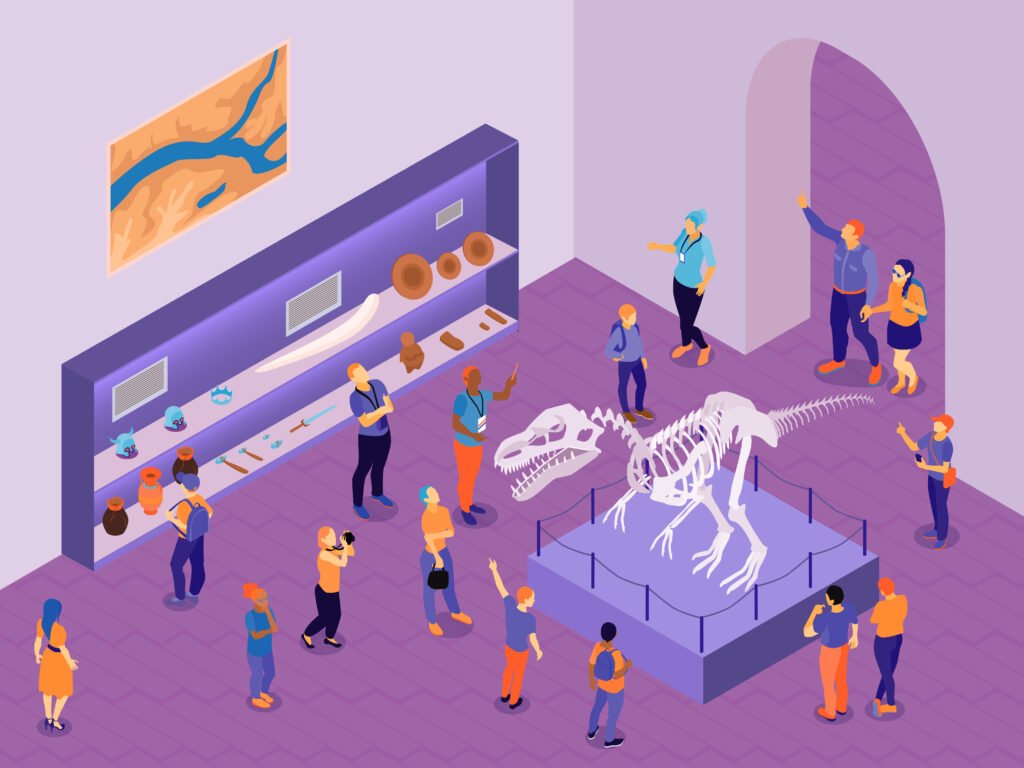What will I learn?
The online exoplanets course (in its free or paid mode), Astrophysics: Exploring Exoplanets, offers a comprehensive exploration of the methods used to detect exoplanets and the scientific principles that govern their formation and evolution. It will equip you with a deep understanding of the latest discoveries and methods in exoplanetary science.
Ideal for students, amateur astronomers, and anyone fascinated by the possibility of life beyond Earth. A foundational knowledge of physics and mathematics will help you get the most out of this fascinating journey. The course has a rigorous and didactic approach, which combines clear and simple explanations with examples and activities that will help you consolidate your learning. The course also offers you additional resources, such as readings, videos and links of interest, that you can consult to expand your knowledge and deepen the topics that interest you the most.
This course is available on the edX platform, one of the world’s most prestigious online education platforms, founded by MIT and Harvard University. It can be taken completely free of charge or for a small fee.
Contents of the online exoplanets course, Astrophysics: Exploring Exoplanets
These are the contents of the course:
- Introduction to Exoplanets: Gain an overview of what exoplanets are, their types, and why their discovery is significant.
- Detection Methods: Learn about the various techniques used to find exoplanets, including the transit method, radial velocity, and direct imaging.
- Planetary Formation: Understand the processes that lead to the formation of planets and how these processes differ across different types of stars.
- Habitability Criteria: Explore the factors that make an exoplanet potentially habitable, including the habitable zone, atmospheric composition, and liquid water presence.
- Exoplanet Atmospheres: Study the methods used to analyze the atmospheres of exoplanets and what these atmospheres can tell us about potential life.
- Future Missions and Technologies: Discover the upcoming space missions and technological advancements aimed at enhancing our ability to find and study exoplanets.
Paid or free exoplanets course
The course has two modalities: free and paid. The free exoplanets course, allows you to access all the content of the course, including the videos, the readings, the exercises and the discussion forums.
The paid modality also offers you the possibility of obtaining a verified certificate from edX, which accredits your participation and approval of the course. This certificate can be of great value for your curriculum vitae, as it demonstrates your interest and competence in exoplanets. In addition, by paying for the course, you will be contributing to Australian National University and edX being able to continue offering quality and accessible courses for everyone. If you want to know more about the cost and benefits of this modality, I invite you to visit the course page on edX, where you will find all the information you need.
In conclusion, the online exoplanets course (in its free or paid mode), Astrophysics: Exploring Exoplanets, offers a unique opportunity to explore the frontiers of space and contribute to one of the most exciting fields in astrophysics. By joining this course, you’ll gain the knowledge to understand the complexities of distant worlds. Enroll now and take your place among the stars!





























